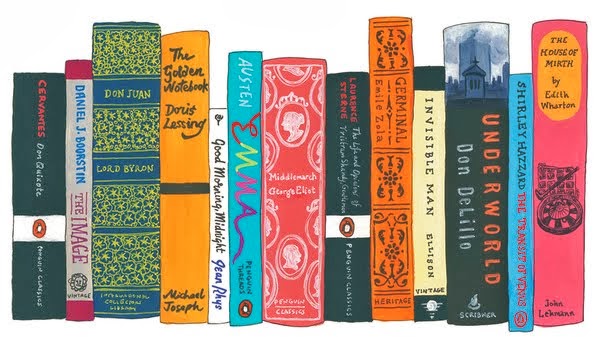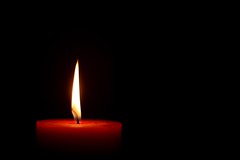"All our science, measured against reality, is primitive and childlike - and yet it is the most precious thing we have." - Albert Einstein
On a recommendation from mom, I picked up this book from the library (they didn't have the exact one she recommended.) The title sounded really interesting and she assured me that I would really like what Carl Sagan had to say. What a breath of fresh air!
Sagan goes about dispelling all kinds of hoaxes, from crop circles to alien abductions to horoscopes. He encourages critical thinking and approaches superstitions from a scientific point of view: open-minded and questioning. He then goes on to explain why critical thinking is so important to a free society. The reader is encouraged to question the status quo. One of my favorite quotes from the book is a bit long, but it reaffirms many of my own beliefs (and doesn't that always make you feel good?) Here it is:
"We are all flawed and creatures of our times. Is it fair to judge us by the unknown standards of the future? Some of the habits of our age will doubtless be considered barbaric by later generations - perhaps for insisting that small children and even infants sleep alone instead of with their parents; or exciting nationalist passions as a means of gaining popular approval and achieving high political office; or allowing bribery and corruption as a way of life; or keeping pets; or eating animals and jailing chimpanzees; or criminalizing the use of euphoriants by adults; or allowing our children to grow up ignorant."
This book is great. It is easy to understand even if you don't have a science background. And now I find myself looking at the world in a slightly different, questioning way. Carl Sagan is now one of my heroes (along with Thomas Jefferson...it's a small list.) Mom, dad, I'm sure you'd both love it. Becky, I think you might really like it to if you're in the mood for non-fiction. Read this book.



